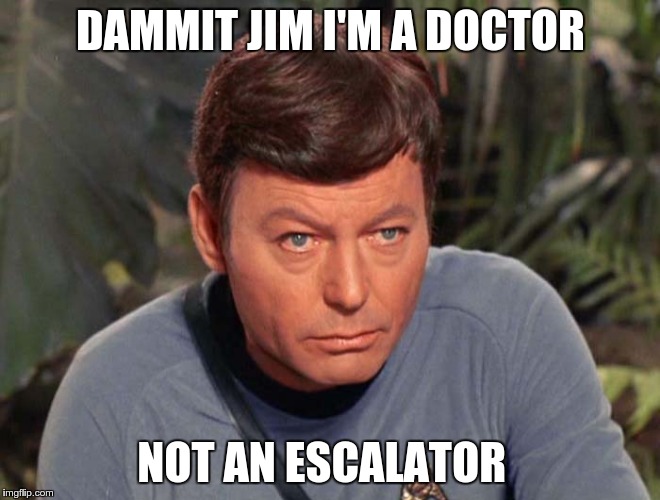|
|
 Originally Posted by ImSavy

The thing is your second to last paragraph where you outline what they should be doing is exactly what they shouldn't be doing. In fact I'm genuinely surprised that you haven't been made aware of that because it's the bog standard thing that students want whilst being massively unhelpful. Funnily enough because they want to get grades rather than learn.
It goes back to my point about people not being qualified to critique. You don't know what the end game is so it's pretty hard to make a valid argument that the people who do are teaching you the wrong things.
It becomes incredibly difficult to put things into boxes like you seem to want lecturers to do. Most of the things you mention that were put into boxes and you found easier are actually those that can be, somewhat.
It's how material is taught for the hardest exams. University calculus is nothing in difficulty compared to Society of Actuaries math, and the companies that instruct courses for the exams are at great risk of going out of business if their subscribers don't learn the material fast enough and well enough use the techniques I laid out to a much greater degree than the typical university professor.
This is also how knowledge and skills are taught in every field outside of academia, from plumbing to programming. It's all process, copy and paste, and trial and error. Memorization and repetition of techniques is the backbone of knowledge and skill. Emergent from those comes intuition and abstract reasoning. The classes people struggle the most in are ones where they're not provided enough to use trial and error and develop repetition. It's asinine in the quantitative sciences where a huge chunk of material turned in to be graded is done so without the student having much of a clue if it's correct.
My n=1 is in how I got better at most calculus stuff than the typical math major (who are mostly math intuits). I am the last person who should have ever gone through calculus, as math is the one thing in the world I am the worst at. But I succeeded because I had a teacher who used those techniques more. It is only now that I'm stuck with dreadful teachers who reject these techniques that I stopped learning anything. Yet it's not just me, as many other students in the class that are better at math than me are doing poorly. The material isn't even hard; it's just taught like it's the hardest thing in the world. And the irony of it all is I'm now using an entirely different source to learn the same material instead, and even though the questions are MUCH harder, I'm breezing through it.
I'm not unique in this regard. I know a number of people who are intuits in quantitative material who did well with the teachers who used the techniques I presented yet are struggling greatly with the teachers who do not. The small handful of top level intuits don't need these techniques, but they're also the types who the classes aren't even for since they're the kind of people that can contemplate definitions and theorems, deduce, and solve.
For the most part, people who are good at mental skills are good at them because of what they have memorized and the thought-techniques they use. Some people can intuit these things easier than others. Regardless, they should be taught explicitly.
I would have flunked pre-calculus if it was taught the way my current crummy math professors teach. But instead I learned way more math than I ever imagined I could with teachers that followed to some degree what I outlined.
One of the greatest tragedies in the modern western world is the huge number of people who think of themselves as dumb because they didn't do well in school. I know many of these people, and they are no less intelligent than my professors. They are merely people who are not intuits on the primary academic subjects yet are intuits on other things (like, say, mechanical fields or comedy). Because academia is taught by intuits who present the material as if students are intuits, many who are not intuits get spit out and told they're dumb. Since teachers are almost always intuits in their fields yet not intuits or barely educated in the field of education, they need editorializing. The textbooks they write need to be edited and approved by those trained in education. This is super standard practice in everything except academia. Academia perpetuating this inefficiency is probably because everybody reveres professors so highly. They get free reign to maintain pedagogy that spits people out and makes them think they're dumb.
One of the undercurrents to all this is that many academics want things to be this way. They don't necessarily realize it, but some systematically push back at efforts to make education work better for non-intuits. Academics have unusual intellectual skills and they think that it's through those skills that new knowledge is developed. On this issue, they could be correct, I honestly don't know. But I suspect they are not correct since the way new knowledge is developed in academic fields is typically by accident (they try to solve one thing and end up solving something else inadvertently), and that there is little evidence that the rest of the world works the way academics is structured to.
Well that was fucking long. I don't blame you for not reading it. I tried to make each paragraph a unique point.
|





 Reply With Quote
Reply With Quote












